
Our Bodies Are Not Ready for Deep Space Travel
As humanity plans missions to the Moon and Mars, the greatest obstacles are not technological but biological, from cosmic radiation to the effects of microgravity.
14 articles tagged

As humanity plans missions to the Moon and Mars, the greatest obstacles are not technological but biological, from cosmic radiation to the effects of microgravity.

Astronauts aboard the ISS are conducting vital heart health research and testing new fuel storage technology as the station orbits at a record altitude.
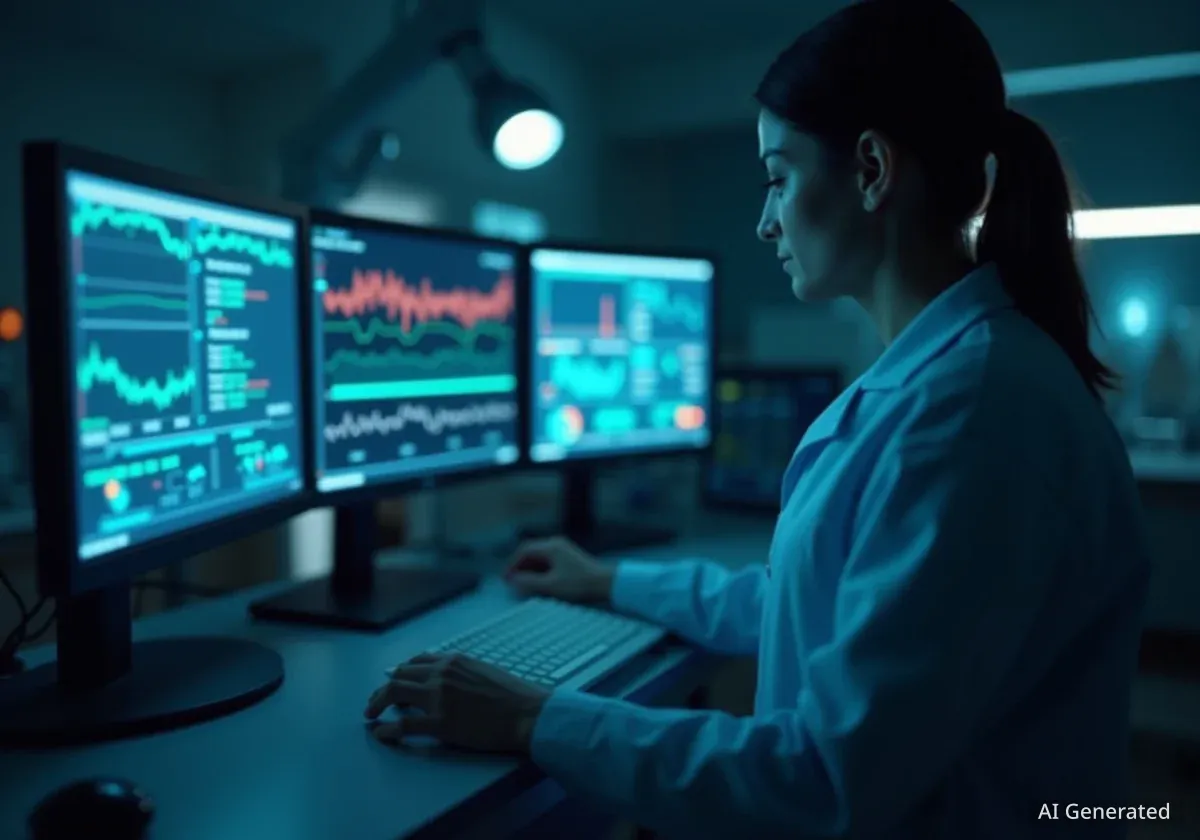
Scientists are racing to understand the serious health risks of deep space radiation for astronauts on future missions to the Moon and Mars, with a focus on cardiovascular damage.
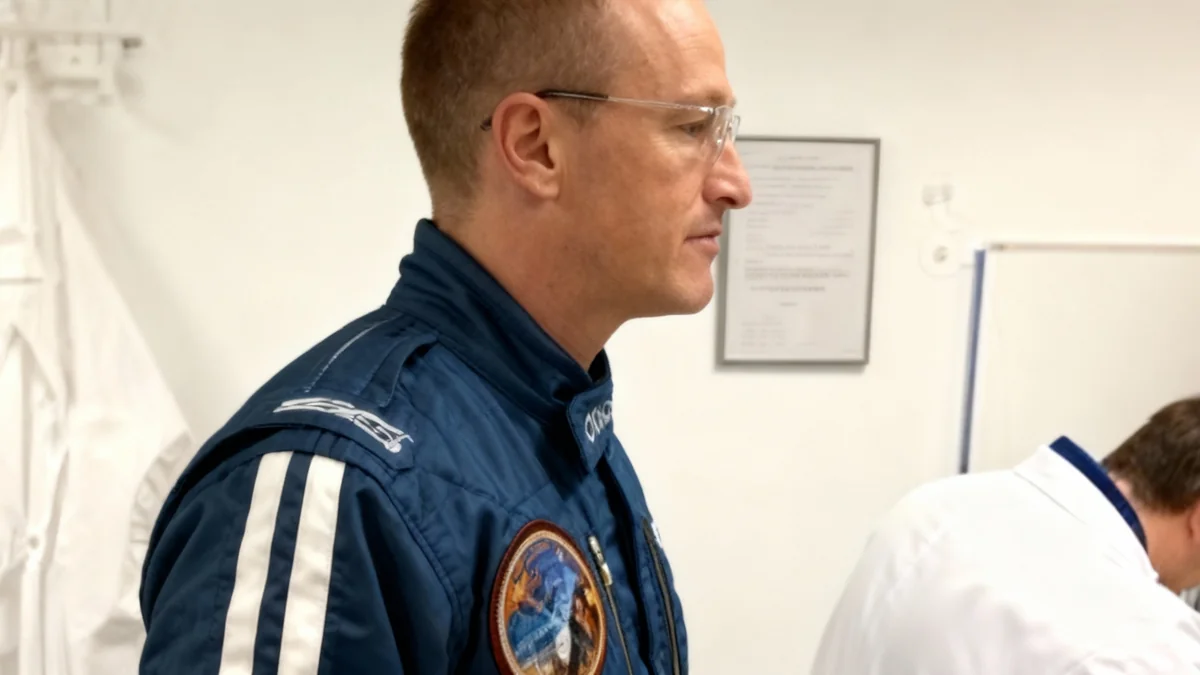
A three-year mission to Mars will push the human body to its biological limits, offering a unique opportunity to study accelerated aging and disease for benefits on Earth.

A new study reveals female astronauts experience greater brain fluid shifts than males, while globe flattening affects male eyes more during spaceflight.

Hungarian scientists have successfully tested a dissolvable eye insert on the ISS to treat vision problems astronauts face due to microgravity.
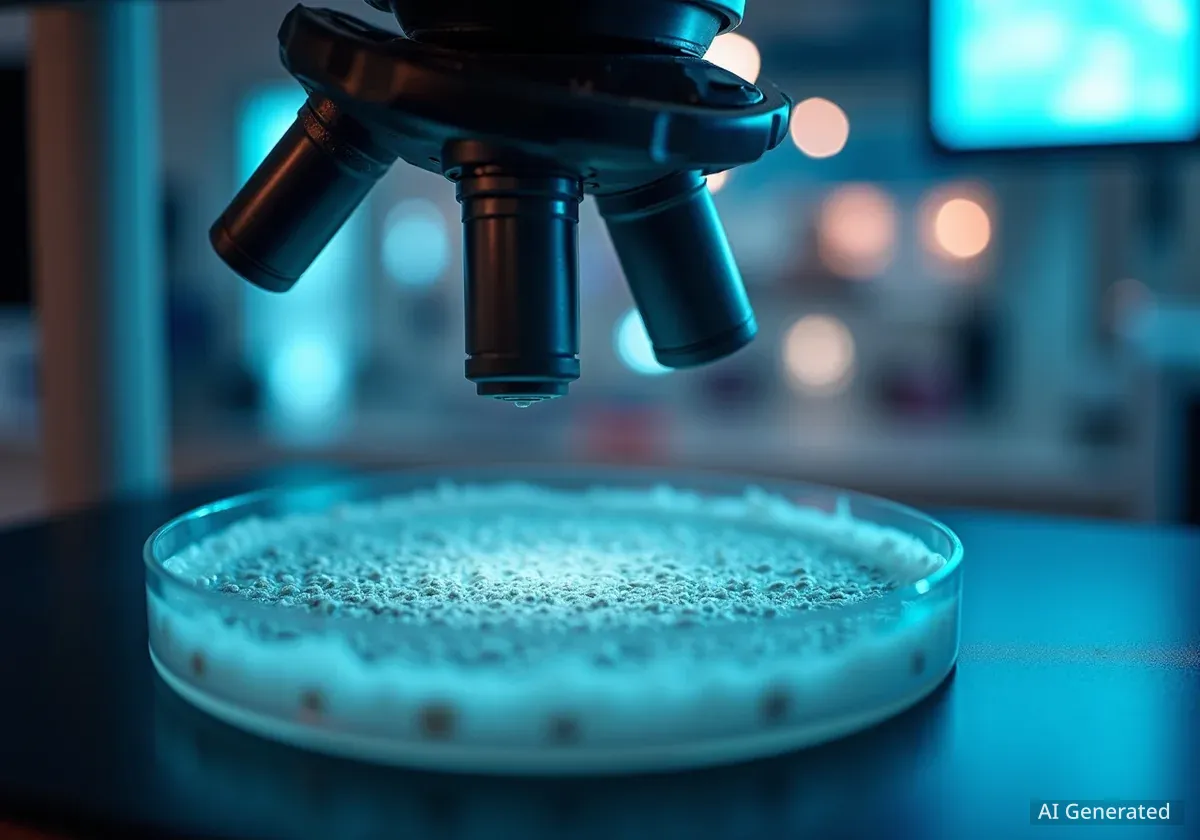
A new study confirms that Bacillus subtilis, a microbe vital for human health, can survive the extreme forces of a rocket launch and reentry.
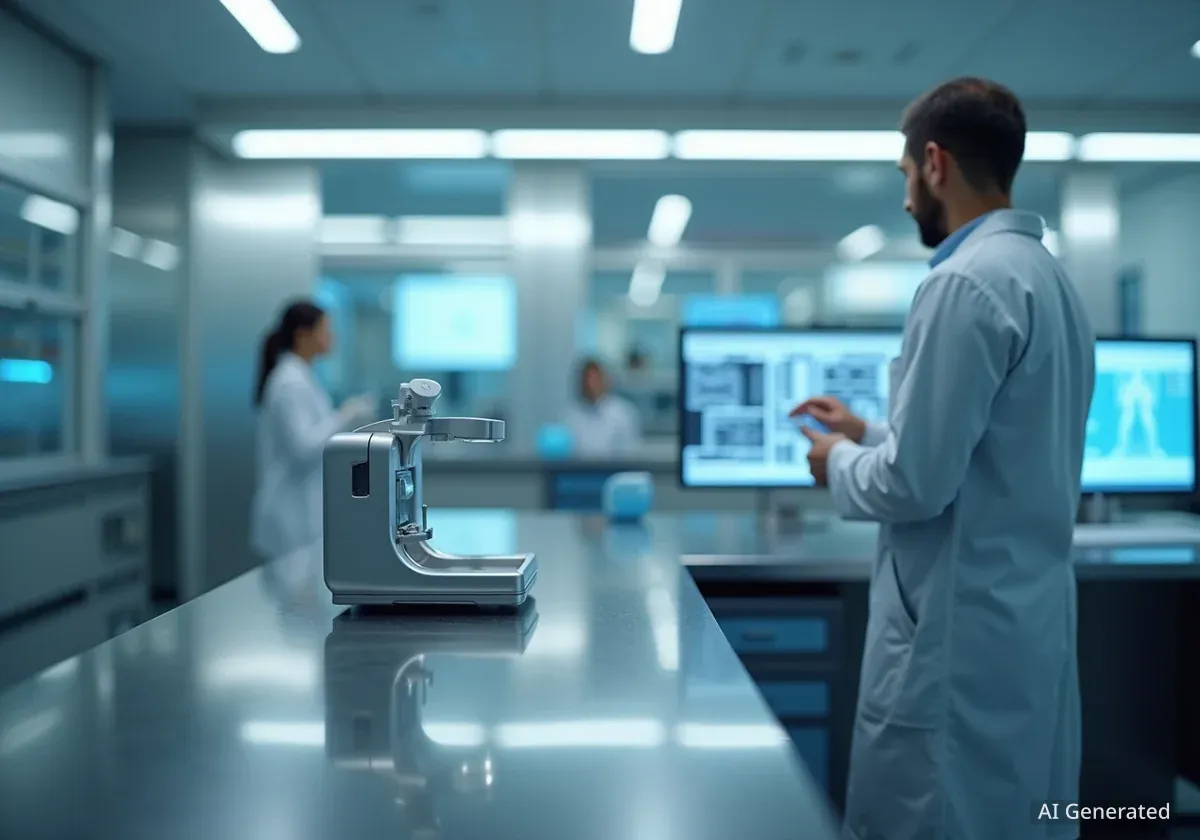
NASA's Glenn Research Center is working with Ohio partners to test portable X-ray devices, aiming to enhance medical capabilities for astronauts on future space missions.
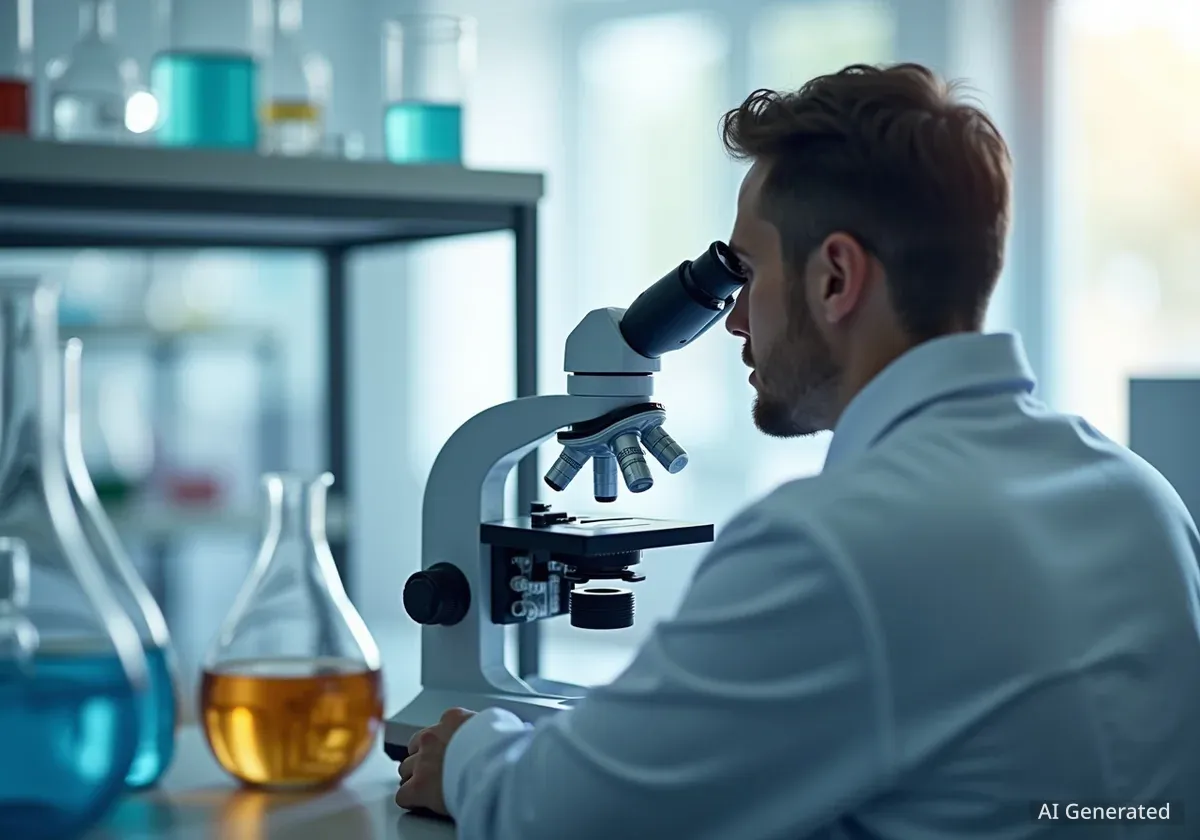
A University of Florida study on the International Space Station reveals how microgravity accelerates muscle aging, offering new hope for astronaut health and treatments for age-related muscle loss on
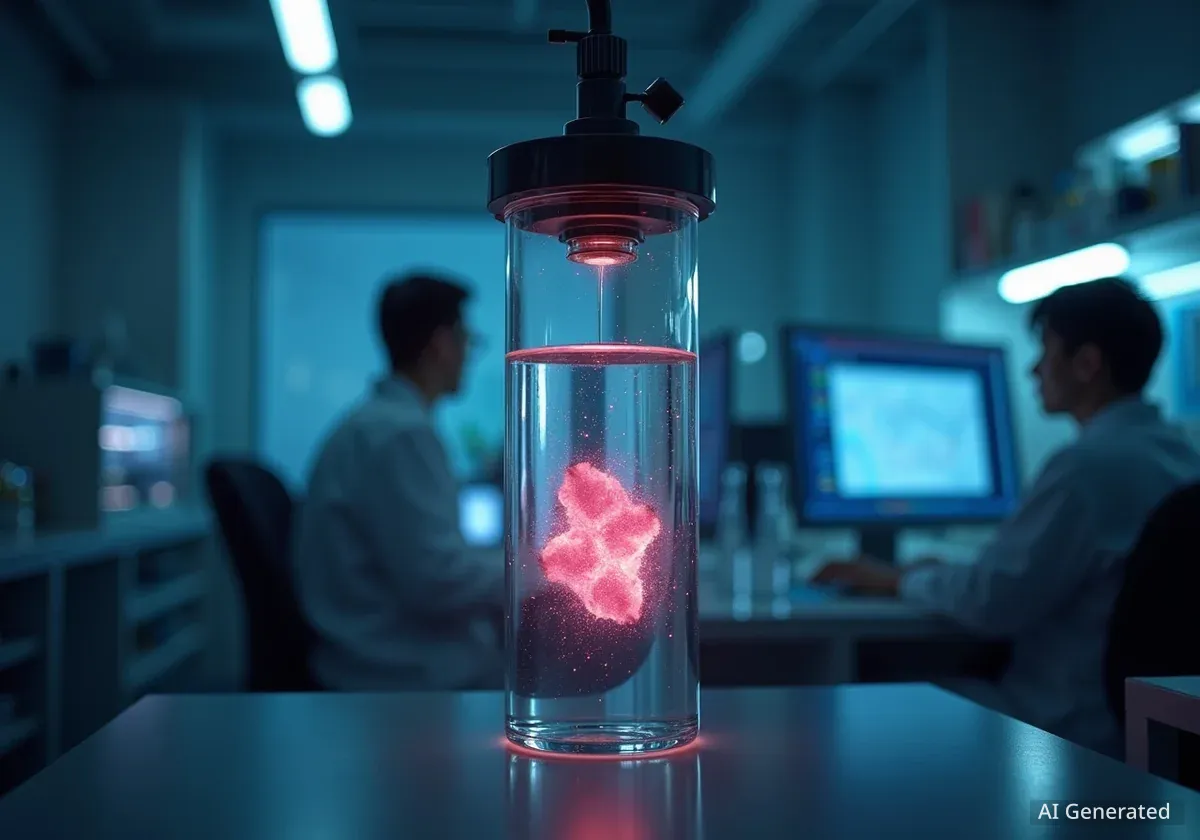
Embry-Riddle Aeronautical University's new SPACE lab is creating living human tissue models to study and counteract the health risks of spaceflight.
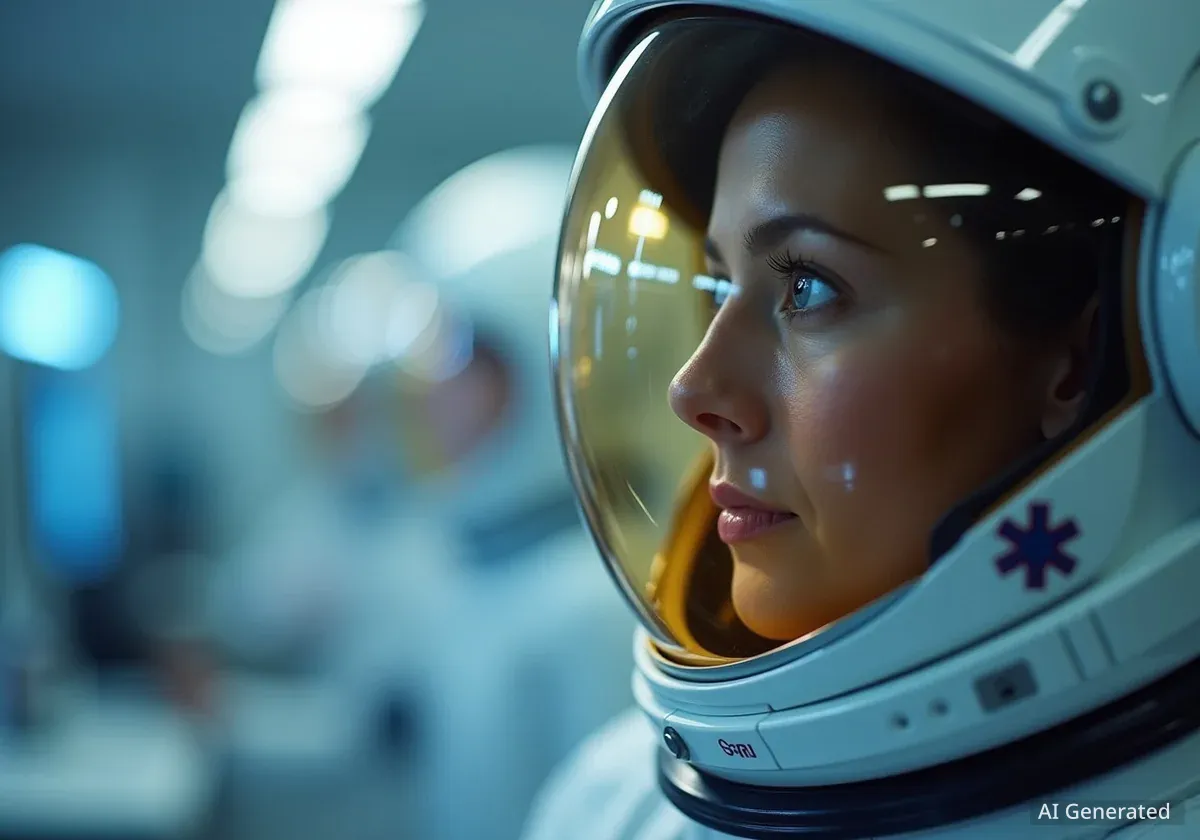
Researchers developed an AI model that predicts space-related vision damage in astronauts with 82% accuracy using pre-flight scans, a key step for astronaut safety.
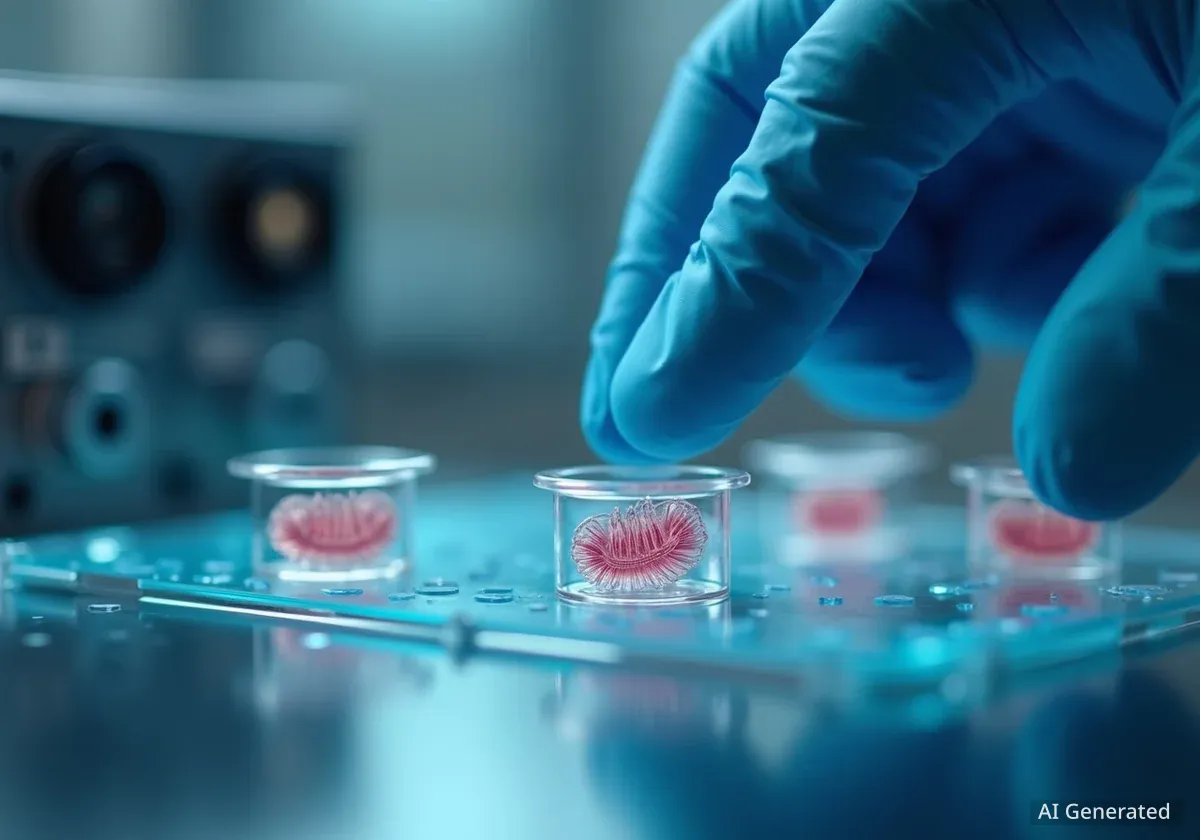
NASA's AVATAR investigation will send organ chips with Artemis II astronaut cells around the Moon to study the effects of deep space on human biology.